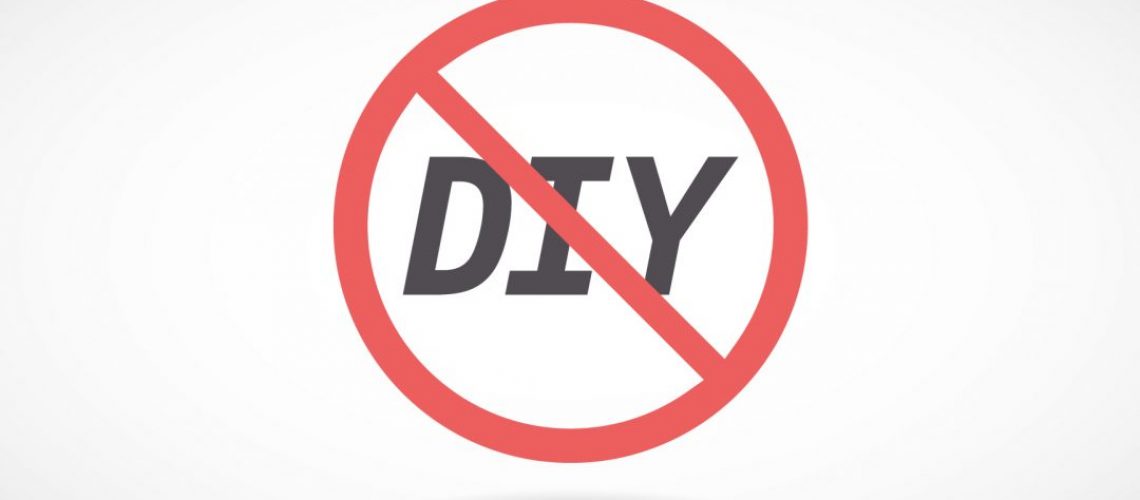Once you have sourced the solar panel system you want for your home, the temptation is to save on labor costs by installing it yourself. These days there are many different kinds of DIY solar kits on offer, with plenty of accompanying videos providing step-by-step instructions.
The problem is solar panels are not like typical household appliances. These sophisticated units should only be handled by those who are trained and qualified to do so – by licensed and certified technicians. Attempting self-installation has more risk than reward
So, here are the top four reasons you should reconsider taking on a DIY solar project:
- There’s a risk of harm or even death
The process of installing a solar system is technically challenging, as high-voltage wiring is involved. While the worst-case scenario would be electrocution, even a minor shock could have some serious implications if you are up on a roof. What’s more, you could additionally be putting other people who live in the house with you at risk.
So, unless you are an electrician, it’s better to leave this type of work up to professionals who are aware of the risks involved and know how to best protect themselves against them.
- You could damage your home
In addition to this, installing a new solar system offers some significant risks for your property. Solar panels, when not correctly hooked up, could lead to a power surge that can blow up the inverter – this increases the risk of a fire.
The correct equipment is essential for the job. You need meters, gauges, and instruments that match your system requirements so as to be compatible with the grid. Getting this right requires significant technical knowledge.
Using either incorrect panels or too many of them could mean could also mean that too much weight is being placed on your roof. This will inevitably lead to costly repairs being required.
Using an accredited installer will mean that your solar panels will be set up safely and correctly and, if accidental damage occurs, this will be covered by the company.
- You want optimal installation
Planning the system can be even more complicated than installing it. For optimal setup, several factors must be accurately assessed. These include your roof’s size, the sun’s direction, shading as well as grid dependencies. You will also need to know which are the best panels for your roof, how many you will need for your electrical requirements, and which is the correct inverter to choose.
If the panels are not placed correctly, you will not be getting the amount of power required for your needs, and so you won’t be making any significant savings on your monthly energy bills.
A knowledgeable professional will already come equipped with this information and will be able to address any questions you may have on expected power output and possible savings, so you know where you stand.
- To follow regulations and avoid breaking the law
Specific rules govern the installation of both commercial and residential solar panels. A licensed contractor can ensure that you are meeting all the required codes for your particular state. Moreover, they can also support you in getting any required permits from local electrical inspectors or other city planning departments.
A trained installer will also follow the requirements for both insurance and warranty purposes. If you ever need to replace your panels, you will have met all of the necessary installation guidelines.
All in all, installing your own solar panel may seem like a great idea. However, taking this route could cause more problems than it fixes. Employing a professional for the job ensures that it is done correctly and so could save you all manner of issues both in the short and long term.


